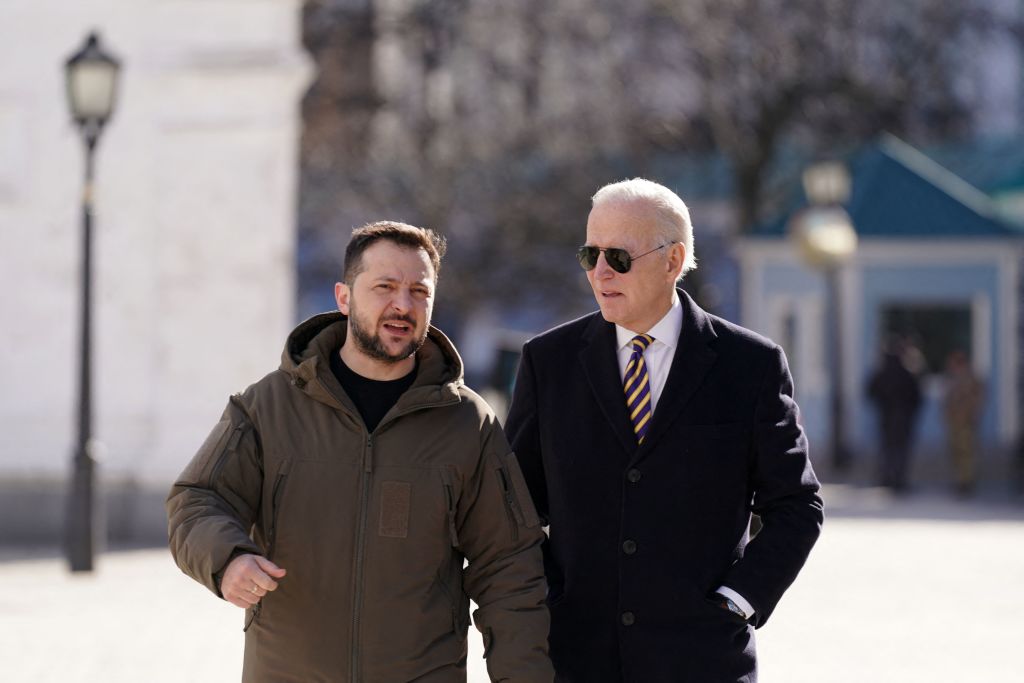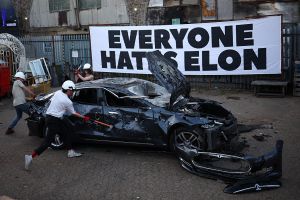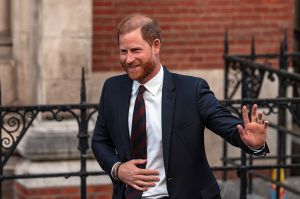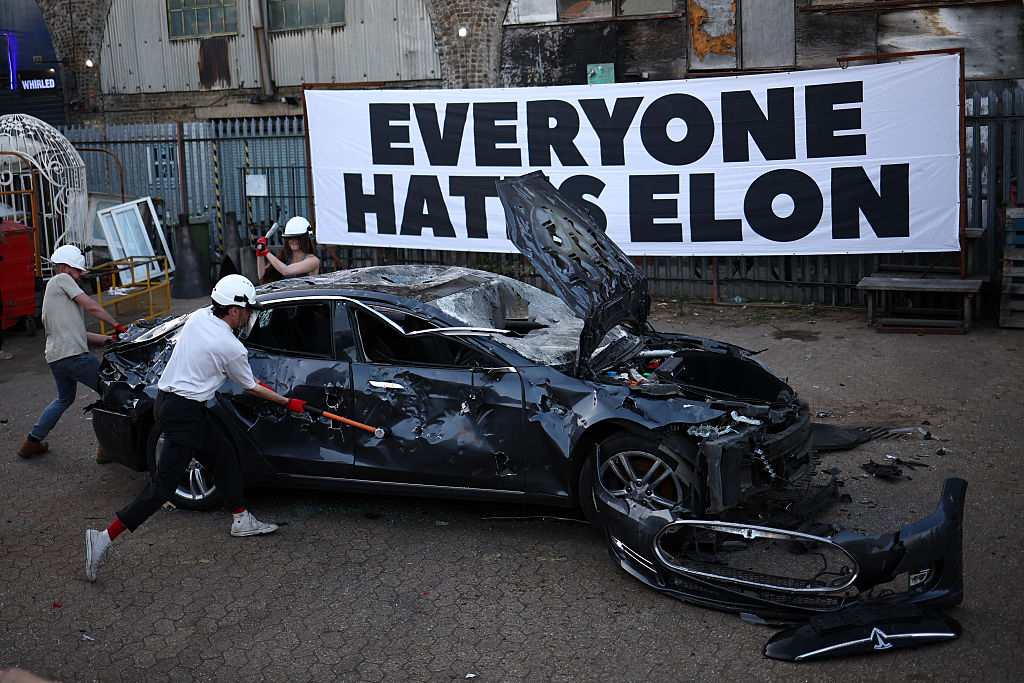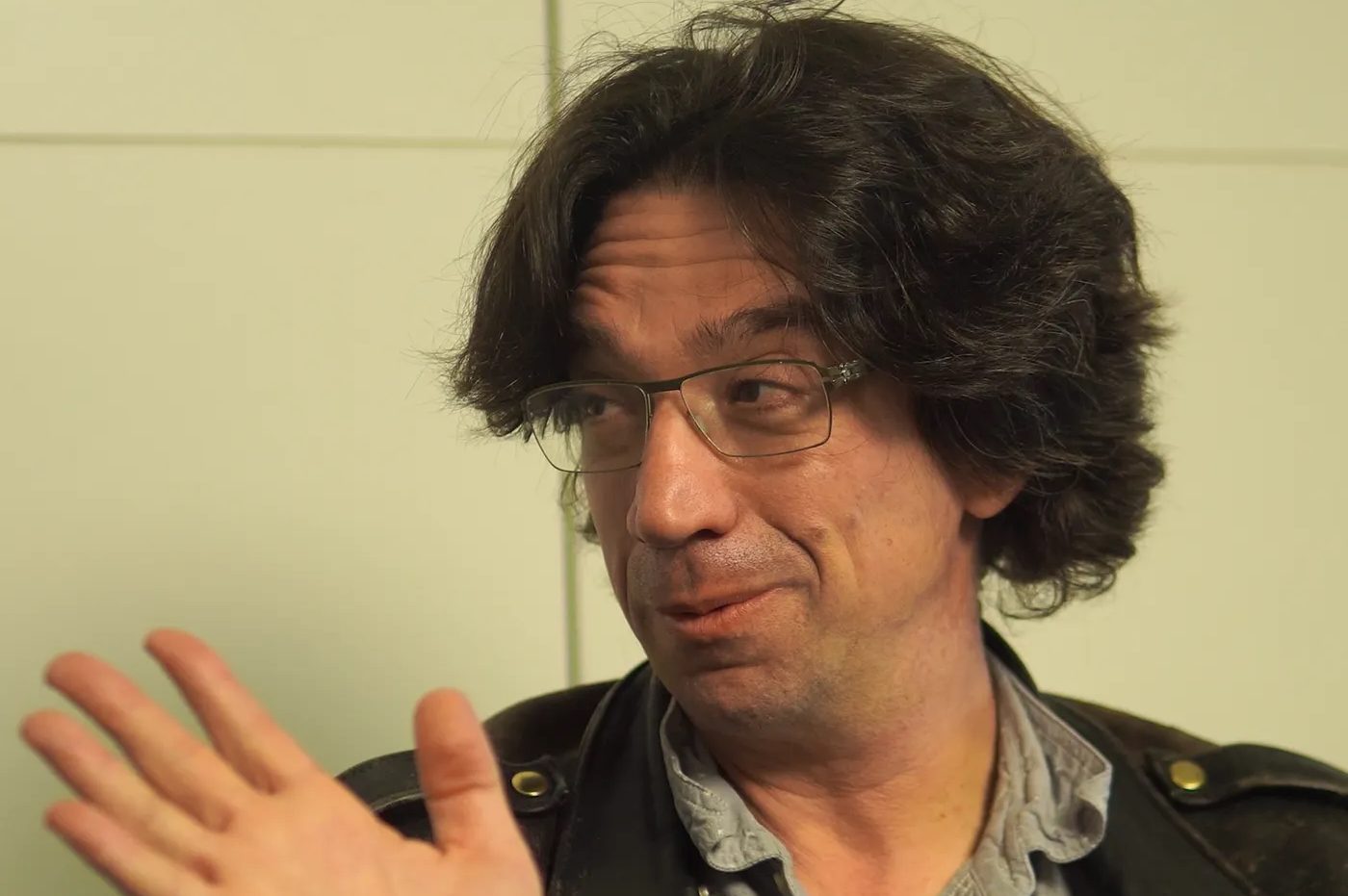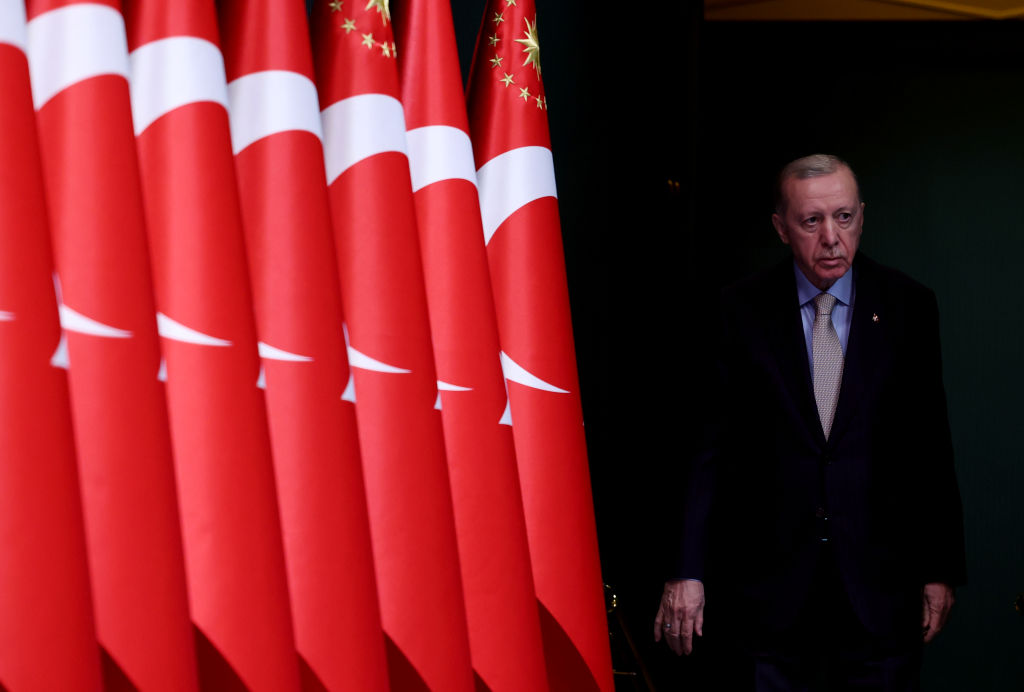Kharkiv, Ukraine
President Joe Biden on Monday showed the world that, as Volodymyr Zelensky said in his London speech two weeks ago, we do not need to be afraid of Moscow. Or maybe we don’t need to be afraid so long as Biden is on Ukrainian soil.
As I write this, Biden’s train has likely crossed into Polish territory, and, on cue, the air-raid alarms are wailing across all of eastern Ukraine. No one I know in Ukraine, where I’ve been since the pandemic and throughout every minute of this war, thinks that Biden’s visit accomplished something magical. But it did serve a crucial purpose: boosting the spirits here, amid a week full of warnings that Moscow will do something awful. Biden’s trip has everyone asking: does this mean the US will send Ukraine what it needs for a decisive victory?
On one level, critics say the US has the will to defeat Moscow aggression. We hear reports of some $100 billion that the United States has approved for Ukraine.
But as with so much in Washington, you have to look beyond the trappings. Of those billions, about $12.7 billion is for weapons, but much of that cost is simply a valuation of old equipment that the US was going to replace anyway. Plus it’s only about $4 billion more than the US left behind in Afghanistan.
The United States has been openly reluctant to send offensive equipment that could help to target military sites within the Russian Federation and especially to take back the Crimean peninsula, which the Russians took from Ukraine in the wake of the 2014 Revolution of Dignity.
Those events were top of mind during the American president’s visit today, because of where he visited, and because of how his family is connected to the Crimea issue.
As the air-raid alarms wailed thanks to Russian aircraft activity over Belarus (though everyone was sure the Russians would not attack today), Presidents Biden and Zelensky walked on the grounds of Kyiv’s St. Michael’s Golden-Domed Monastery.
Nine years ago, that monastery was a refuge for Ukrainian protesters wounded by the now-disbanded secret police, the Berkut, during the Maidan, or “public square,” demonstrations that by February 24, 2014 had sent the pro-Putin regime fleeing to Russia.
In what came to be known as the Revolution of Dignity, Ukrainians successfully took essential control of their democracy from a corrupt, pro-Kremlin elite. They began a nine-year project of creating a thriving civil society, the same scrappy society the world has witnessed collaborate for victory.
In 2014, Russia, seeking to stop this spread of freedom, tried to take Odessa, Kharkiv, Dnipro and other cities from Ukraine, but the regular citizens, football hooligans, and a ragtag army kept them at bay. In the end, Moscow snatched parts of the Donbas and all of Crimea.
The West, including the Obama-Biden administration, did nothing.
Instead, two months later, Joe Biden’s son took a high-paying job working for a member of the Kyiv regime ousted by the people in the Revolution of Dignity. That oligarch, Mykola Zlochevsky, was CEO of the energy firm Burisma, with significant gas fields in the Crimean peninsula. So while Joe Biden was verbally chastising Moscow for taking Crimea, his son was working for a Moscow-based firm that benefited from the taking of Crimea.
It was the same story a year ago. In the lead-up to Russia’s February 24 invasion, nearly every Western leader seemed to think Ukraine would fall in just a few days. They condemned Russia but stood by and watched. The US embassy even fled the country, quicker than they left Saigon or Kabul.
Now, after 365 days of Ukrainians proving themselves, something has changed: the president has entered a war zone under constant threat of Russian missile strikes. This was something bold: recall during the long war in Afghanistan when presidents used to visit on Thanksgiving, say. We never knew about such visits until after they were over.
In his Kyiv speech, Biden praised the Revolution of Dignity, but then notably said that this war could go on for years. And that’s the thing that troubles people here, and should probably trouble Americans, too: does Washington want a quick victory? It’s still hard to know just how much Washington wants Ukraine to win. Maybe there has been a change of heart, because Ukrainians proved something to the world.
But the proof will be in the actions: will the US send Ukraine the offensive weapons with which it can push back decisively against Moscow? Or was the president just making an annual wartime visit to Ukraine like his predecessors who served turkey in Kabul for two decades?



